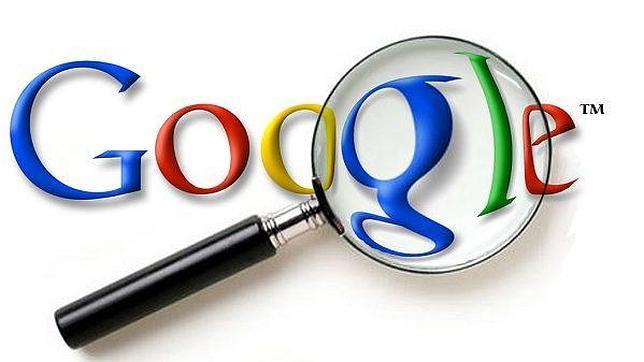On the discussion of war of the worlds in 1938, it got me thinking about how viral media is usually something that seems like something big, but is then replaced and soon forgotten
about. Kony 2012 comes to mind in this instance. When the documentary first hit the internet on the 5th of March 2012, it hit millions of hits all aro
und the world, becoming the talking point of everyone’s conversation. It was something that you couldn’t escape. However, after the controversy caused by the film maker Jason Russel, the movement was soon forgotten.


The same thing was seen during 2045 with the ALS bucket challenge, it too spread like wild fire as person after person nominated each other, posting videos of themselves having water tipped on their head. However once it was noted that less than 27% of the donations were actually going to what the money was being raised for, the challenge was soon faded out. However despite the criticism the challenge received, many suffers of the disease were happy that Amyotrophic lateral sclerosis was being put into the public spotlight.

Boston City Councillor Tito Jackson, left in suit, leads some 200 people in the ice bucket challenge at Boston’s Copley Square, Thursday, Aug. 7, 2014 to raise funds and awareness for ALS.The idea is easy: Take a bucket of ice water, dump it over your head, video it and post it on social media. Then challenge your friends, strangers, even celebrities to do the same within 24 hours or pay up for charity. (AP Photo/Elise Amendolaless
With this in mind it is interesting how new forms of media are criticized for the way they spread information, and whether that information be trusted. It was first seen with radio, then T.V and now internet. Society has a very funny way of always being afraid of the ‘new’ and attempt to shun it, or attempt to censure it.
Nonetheless, the way viral campaigns are easily disposed represents a broader western cultural norm, that everything is replaceable. Every two years, we must update our phones, laptops, T.V’s and thus also viral campaigns. No longer do we see value something to last, but think of it as something that is big one and never heard of again the next day. Western societies have adopted this form of consumer capitalism with open arms, and this is represented in the way interact with media on a large scale.
Nevertheless, the internet has become a tool to communicate information to one side of the world to another that is received instantly. Thus movements and causes have a platform to now spread like wildfire, faster than ever before, just a tap of finger away from every smartphone mobile user and click away from computer owner.


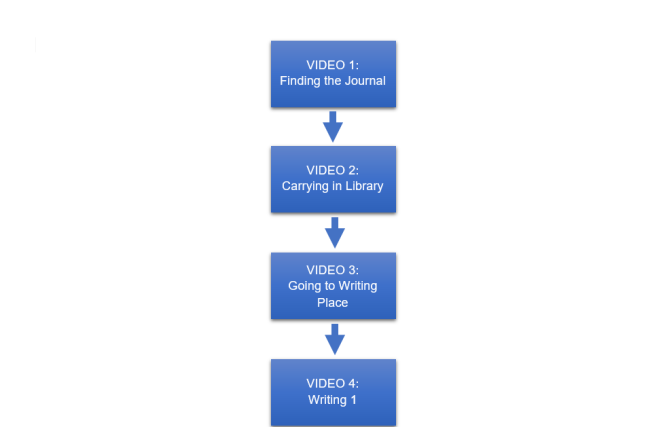

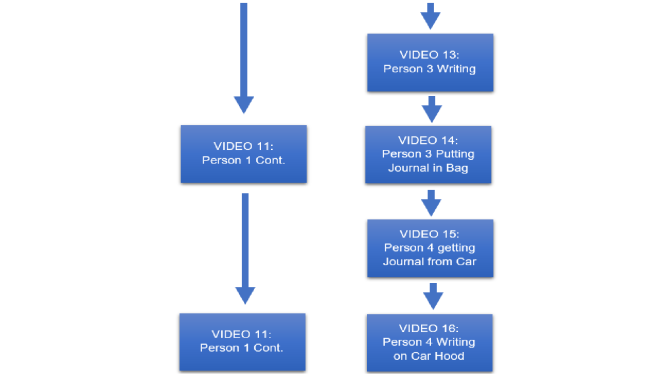
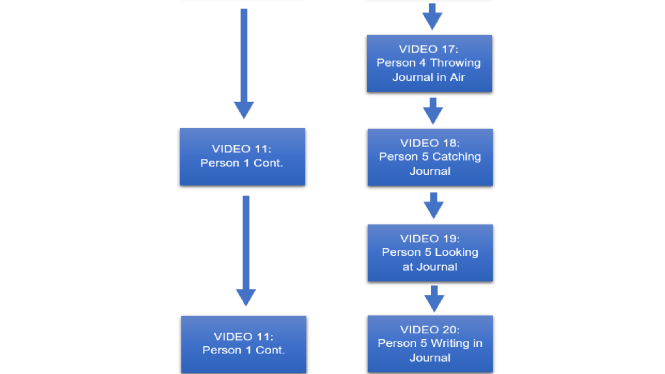
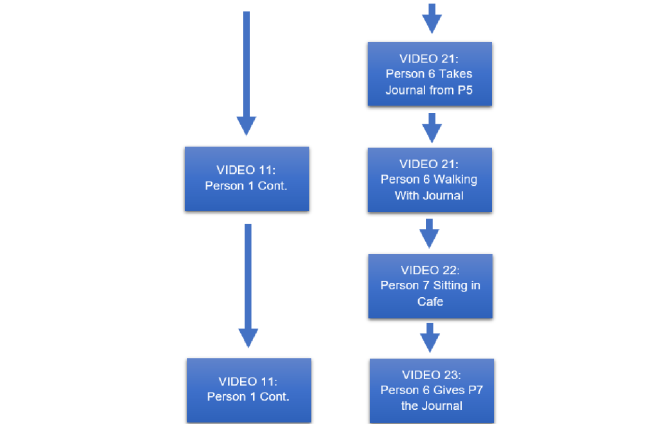




 just have a warm tone. This was important to distinguish to the viewers where the journal came from and to make sense of the film. The warm vintage feel of the edited footage also pair up with the music, chosen by Caitlin which gave it a enjoyable tone to watch and listen.
just have a warm tone. This was important to distinguish to the viewers where the journal came from and to make sense of the film. The warm vintage feel of the edited footage also pair up with the music, chosen by Caitlin which gave it a enjoyable tone to watch and listen. More so with
More so with 
